My best 6 books of 2022

In no particular order and on this list for different reasons, let us begin.
Can you recommend me a good book?
I love getting book recommendations from other people because I get taken to places I wouldn't otherwise go. Is there a good book you know about that I probably don't? Send me the name via email, I'd like to hear about it: evanhughesideas@proton.me
#1. The Selfish Gene by evolutionary biologist Richard Dawkins (40th anniversary edition).

Ever wanted to learn more about science but find it too difficult to access? In particular, ever wanted to learn about genetics, evolution, and computers?
Richard Dawkins is one if the great biologists of the 20th century. He is known not only for his ground-breaking "selfish gene" view of life, but also his accessible writing style.
In this book he not only shows readers that science communication does not need loads of fancy words and equations, but actually that science can be communicated with metaphors, good writing, and humour. He is a hero to me because of his writing style; overly complex writing stops ideas spreading, instead keeping knowledge inside the tight knit communities of specialists.
This is a book for anyone interested in the history of the earth, of life itself. It's considered one of the best science books of the 20th century, and even if you don't like his ideas, it's worth reading to learn what all the fuss is about, and so that you can be informed at the source, rather than relying on second hand accounts of criticism, which tend to wash out like Chinese whispers.
I'd really recommend the audiobook version of this, as the author reads reflective notes about the book now 40 years after it was first published, which was in 1976. Here he addresses common Selfish Gene misconceptions and admits to things he would have done differently, if publishing the book again for the first time.
The Selfish Gene view of life does not mean selfish humans end of story, but I'll let Dawkins explain...
#2. The Life You Can Save: How to Do Your Part to End World Poverty by moral philosopher Peter Singer.
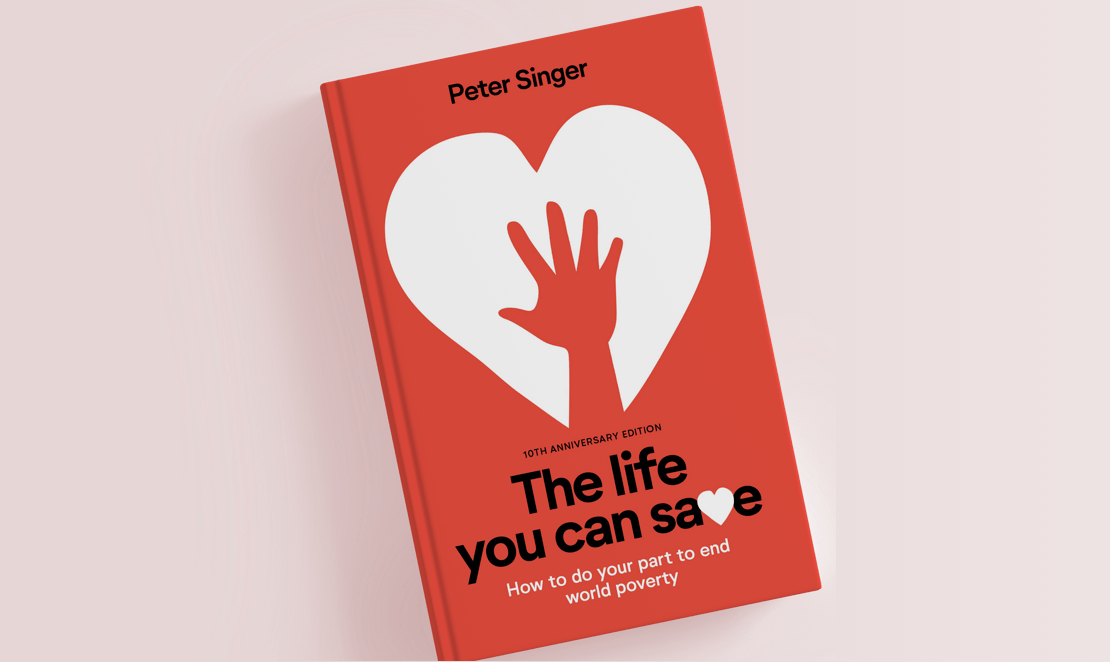
Sometimes people want to help others, but feel powerless. This is a book about how everyday people can have a real, positive impact on the lives of others.
The argument here is a hopeful one. It's that you can (and should, argues Singer) do more. This book is a roadmap of evidence-based ways to guide individuals like me and you to directly help people living in extreme poverty around the world.
The book is part of a wider movement that examines charities and asks: Exactly what are you doing? Who are you helping? And how effective are you?
Though it may seem harsh, why should we give to charities that don't really do much to help? This book argues that real charities exist who maximise the probability of donations actually alleviating human suffering in the world, and that we should be paying attention to these charities specifically.
In a well written book, it discusses human psychology, philosophy, economics, and capitalism more broadly. A core theme of this book might be: go on, sell out - and work for the big bank. Then, direct a portion of your monthly salary help those in extreme poverty.
In other words, normal people can make a difference with very little (you don't have to work for the big bank). It's an inspirational, short, and easy-to-read book by one the great moral philosophers of our time.
Ah yes, it's also free.
#3. Economic Facts and Fallacies by economist Thomas Sowell.

The author, Thomas Sowell, is known for his direct, matter of fact, and empirical view of the world. In this book you'll read how a free market (right wing) economist views the world.
But don't let the Tory vibes put you off. This book is about the application of evidence and reason to the problems of the world, and how plausible but bad thinking (what Sowell calls "fallacies) get in the way, but tend to endure despite contradictory evidence.
Whatever your political persuasion, values, or ethics, reading Sowell is useful. He discusses topics that are often divisive politically, such as urban planning, academia, the Third World, race, income inequality, sex differences, and unemployment.
While I don't agree with his every word, his insistence on empirical evidence to determine the effectiveness of policy or belief has been influential to me, and to many others. He's widely considered one of the most influential economic thinkers of the 20th century.
What I think makes Sowell an interesting character is his personal background. Not only is he an African American who grew up in poverty, but he is well versed in Marxist literature, and continued to favour these analyses (roughly the idea that government and people should do more to spread material wealth equally) well into his PhD years.
Sowell seems to have been strongly influenced by his real-world experience in local politics, which convinced him to ask foundational questions, and test his own assumptions. This led him away from Marxist thinking and towards the testing of ideas with hard evidence, a view of the world that's difficult to find too much fault with.
In testing his own beliefs about the world, Sowell invites you to think about your own. Again, you may not agree with him, but he'll certainly get you thinking.
#4. How to Think More About Sex (The School of Life) by philosopher Alain de Botton.

Written by the creator of the populator YouTube channel, the School of Life, known for its discussion of topics like: Why you will marry the wrong person, this book talks sex. It's a topic most of us are familiar with, but probably don't think too much about beyond the usual pleasure seeking side.
This book requires a less is more review. It's short, easy-to-read, and gets you thinking creatively about sex. It's not about sex positions, or tips in bed, but more about how our culture thinks about sex, where that's not very helpful, and alternative ways that maybe make more sense.
It's written well, and the author often discusses findings from modern evolutionary biology alongside existentialist philosophy, weaving them gently into a discussion about what sex means to us and our partners.
In short, it's a fresh perspective on an old topic, and it's very much worth a read.
#5. Antifragile: Things That Gain from Disorder by statistician-trader-philosopher Nassim Nicholas Taleb.
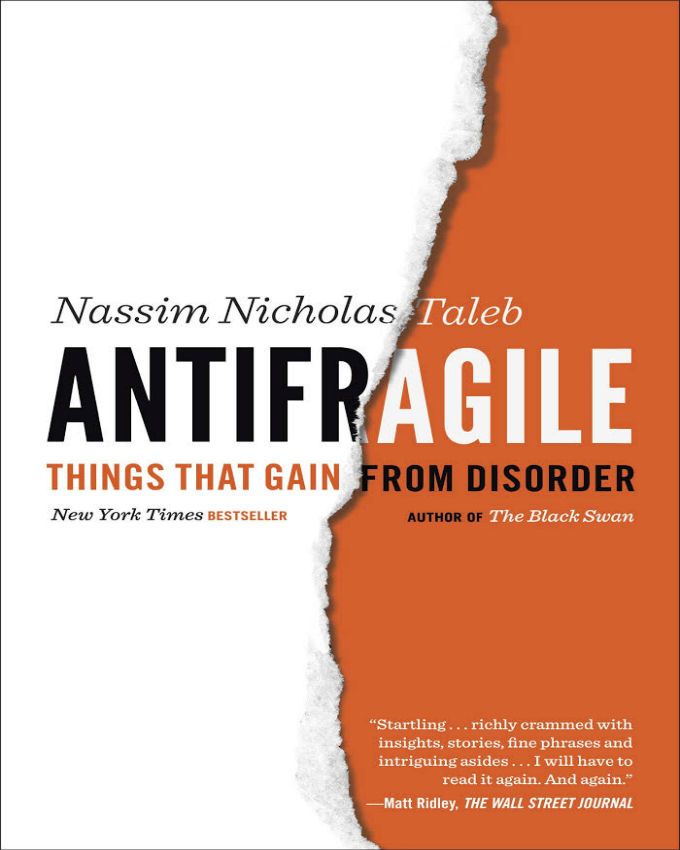
Here's a book that probably can't be ready very quickly. Why?
The author writes in such as a way that avoids "story-telling", so that the reader pays attention to the arguments, and is not swayed by the narrative presented, something the author dubs the narrative fallacy. It's one of the quirks that make this an awesome (but strange) book.
This book challenges a lot of conventional wisdom. What I love most about Taleb is his autodidact nature - despite a university education, he's largely self-taught. And, judging by how the book is written, the literature he has read is immense.
He's multi-lingual, mathematically and statistically minded (PhD in financial derivatives), but he's also well read in philosophy, psychology, and history. Also, he's opiniated - and writes with humour. The combination means that it's easily one of the most intellectually agile books I've ever read.
Themes in this book include: 1) the tension between academia and real-world experience, 2) the idea that making things safer, whether hygiene or financial systems, is always better, 3) the idea that sometimes humans or systems benefit from disorder, and 4) the role of randomness in human affairs, which Taleb thinks is much larger than we realise.
This book should be read by policy analysts and government officials, but also by people from all walks of life. Parts of the book even read like a good self help book (though Taleb never tells readers what to do, only informs them of what he did).
It's easily one of the best books I read this year, but is also one of the best books I've ever read. Like the Selfish Gene and Economic Facts and Fallacies above, even if you don't like the ideas or the author himself, it's a book you want to read so that you can properly criticise it.
But read it slowly! It's one to enjoy.
#6. Against Empathy: The Case for Rational Compassion by experimental psychologist Paul Bloom.
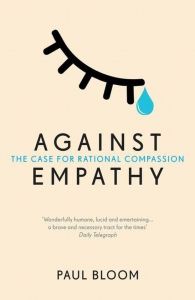
Many people assume that empathy (the ability to imagine what others feel or feel their feelings) is a good thing. In fact, if only we had more empathy, then things would be better.
Accomplished psychologist Paul Bloom challenges this assumption in a clear and informative book. The reader is taken on a lucid tour of experiments in psychology, neuroscience, and economists, to show that empathy is not always what it seems.
Empathy, Bloom convincingly argues, is a spotlight that favours some and not others. It is highly influenced by how we first morally judge others. Thus, if empathy is our guide to solving problems, we are prone to biased, bad decisions.
Not a clinician himself, Bloom shows how even therapists do not need endless empathy to work with and help their clients. Instead, inside the therapy room, and in the wider world, less empathy (and more rational compassion) might be much more helpful.
Well, he convinced me. A great, counter-intuitive, and clever book. Useful especially for clinicians, or people who work in "empathy-heavy" lines of work.
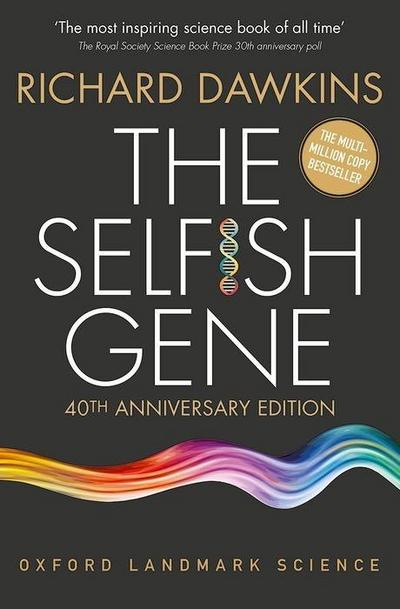
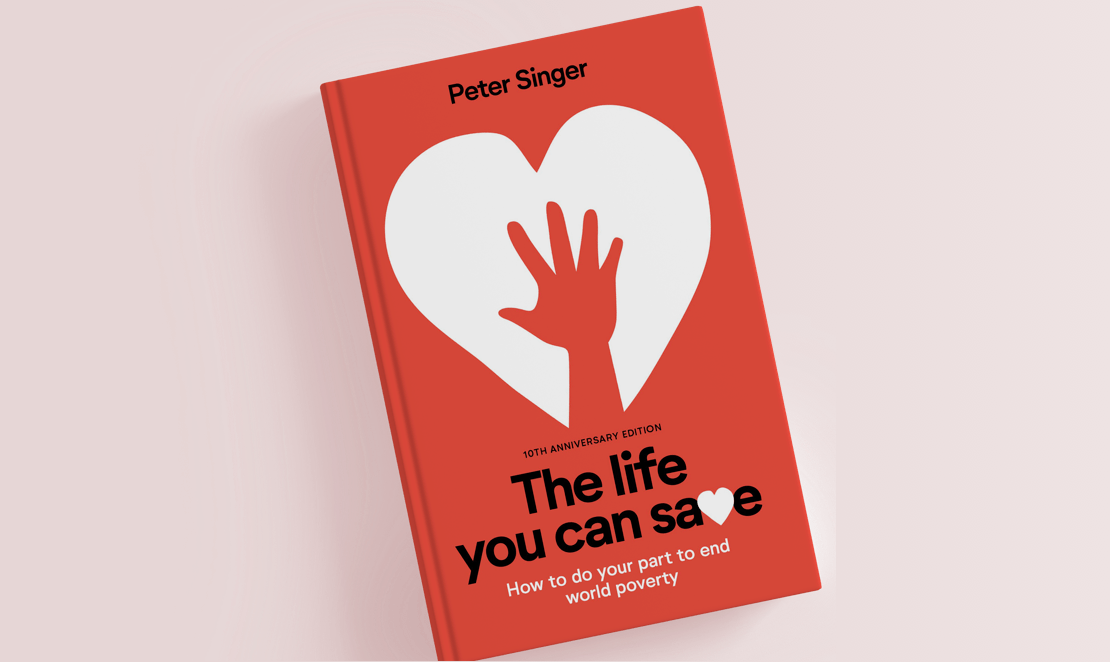
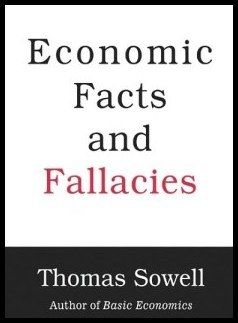

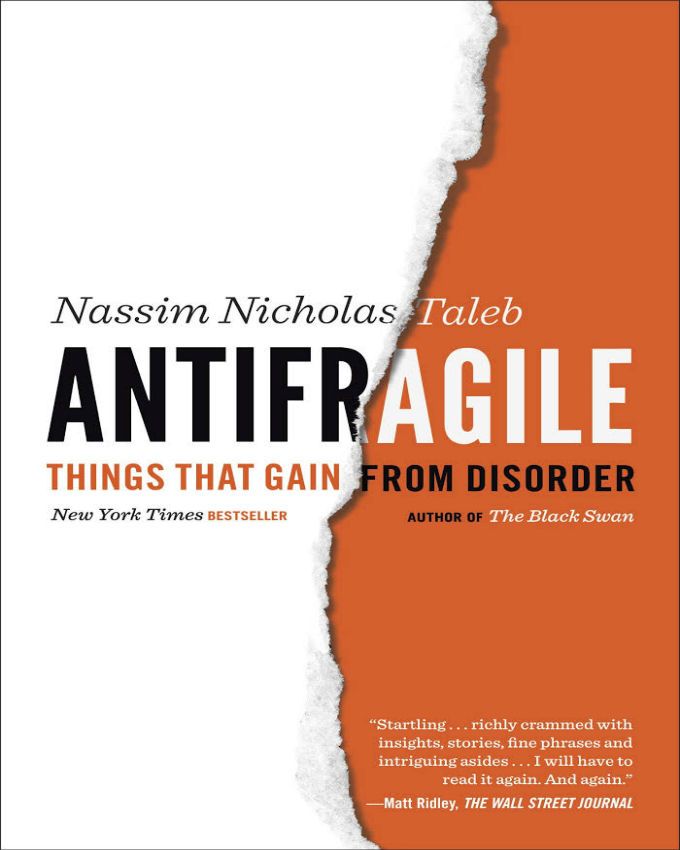
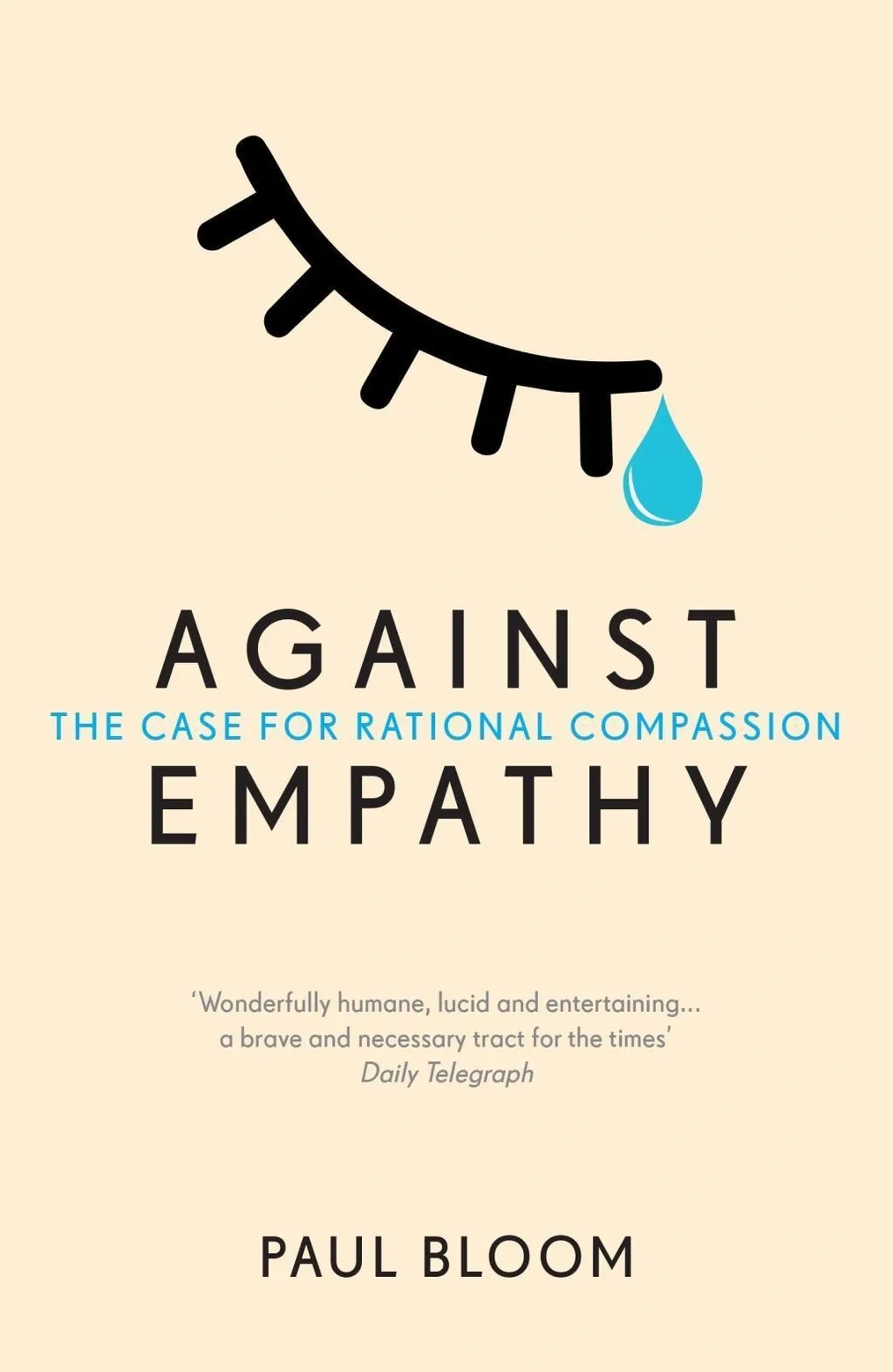
And that's my six best books of the year.
Can you recommend me a good book?
I love getting book recommendations from people because I get taken to places I wouldn't otherwise go. Is there a good book you know about that I probably don't? Send me the name via email, I'd like to hear about it: evanhughesideas@proton.me
